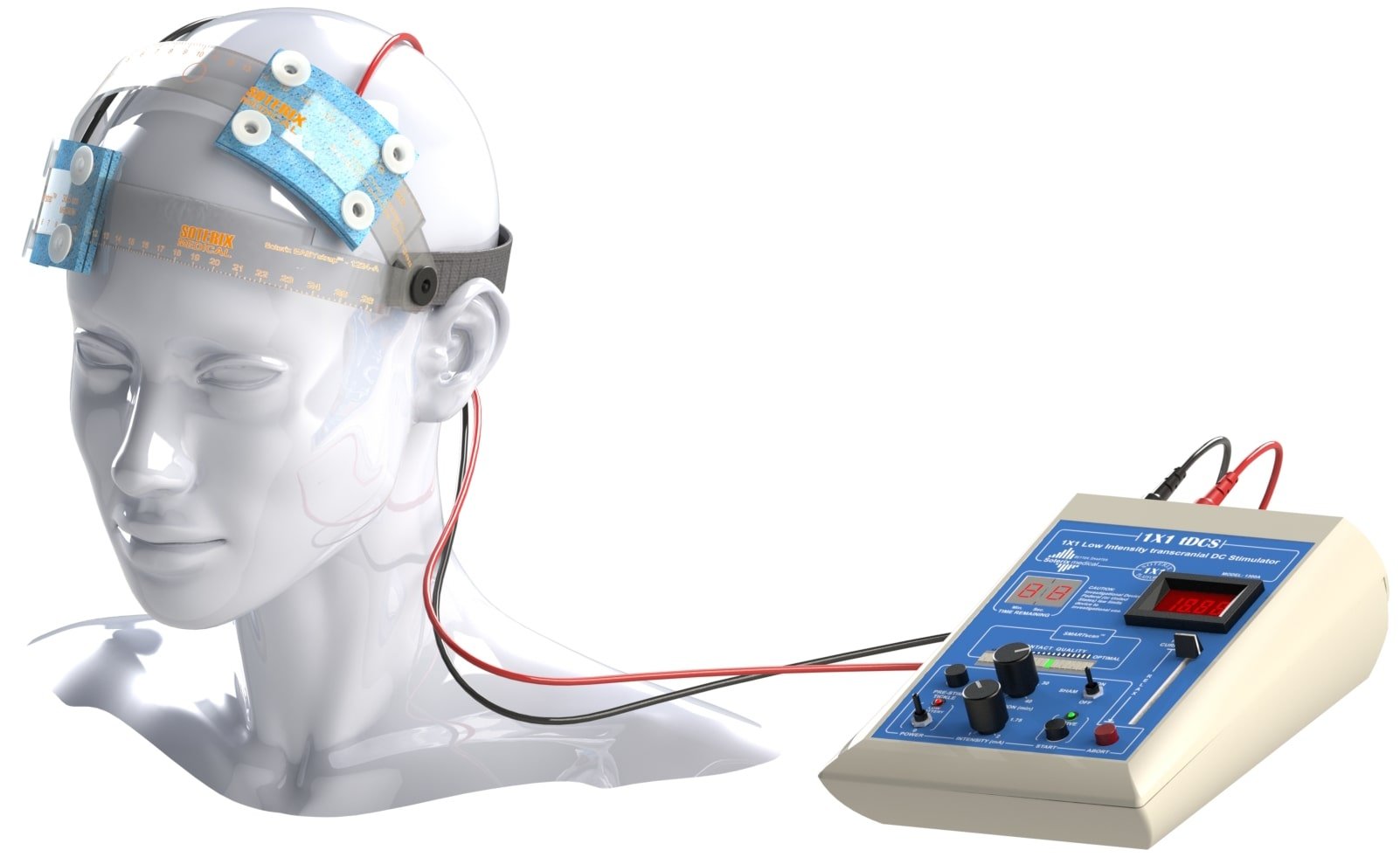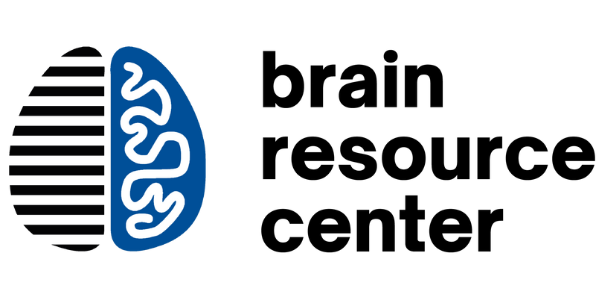YOUR BRAIN IS UNIQUE, SO IS YOUR TREATMENT
Your brain activity is as unique as your fingerprints. Rather than a “one-size-fits-all” approach to mental health care, all of the treatment plans we develop for our patients are personalized to them. Our treatment plans are tailored to your brain dynamics, cognitive functions, lifestyle routines, and personal goals. We offer a multi-dimensional approach rooted in neuroscience and health psychology. This has been shown to effectively and efficiently treat mood and cognitive disorders as well as other health conditions.
Treatments at Brain Resource Center
-

Neurofeedback/ Brain Computer Interface (BCI)
A non-invasive treatment that monitors electrical activity of the brain and trains you to rebalance irregularities. Neurofeedback is effective at treating neuropsychological and psychiatric disorders.
Click HERE to learn more.
-

Repetitive Transcranial Magnetic Stimulation (rTMS)
This treatment uses repeated magnetic pulses to target and stimulate different regions of the brain. It is often used for patients with treatment-resistant depression.
Click HERE to learn more.
-

Transcranial Direct Current Stimulation (tDCS)
A form of neuromodulation that uses constant, mild electrical currents delivered by electrodes on the head. These currents stimulate or inhibit brain activity in different regions of the brain.
-

Cognitive Behavioral Therapy (CBT)
A form of psychotherapy that examines maladaptive or counter-productive thinking patterns in order to change problem behaviors and improve emotional states.
-

Clinical Hypnosis
Hypnosis is a state of highly focused concentration, reduced peripheral awareness, and an enhanced capacity to respond to suggestions. Hypnosis is used to treat a range of cognitive-related issues.
-
Low Energy Neurofeedback Systems (LENS)
This technique utilizes a very low-power electromagnetic field to carry feedback and produce a measurable change in brainwaves.
-

Hemoencephalography (HEG)
This method monitors and regulates blood flow in the brain to enhance or restore proper functioning of various brain regions.
-

Safe and Sound Protocol
This is a therapeutic listening intervention designed to regulate the nervous system through the utilization of specially filtered music.

